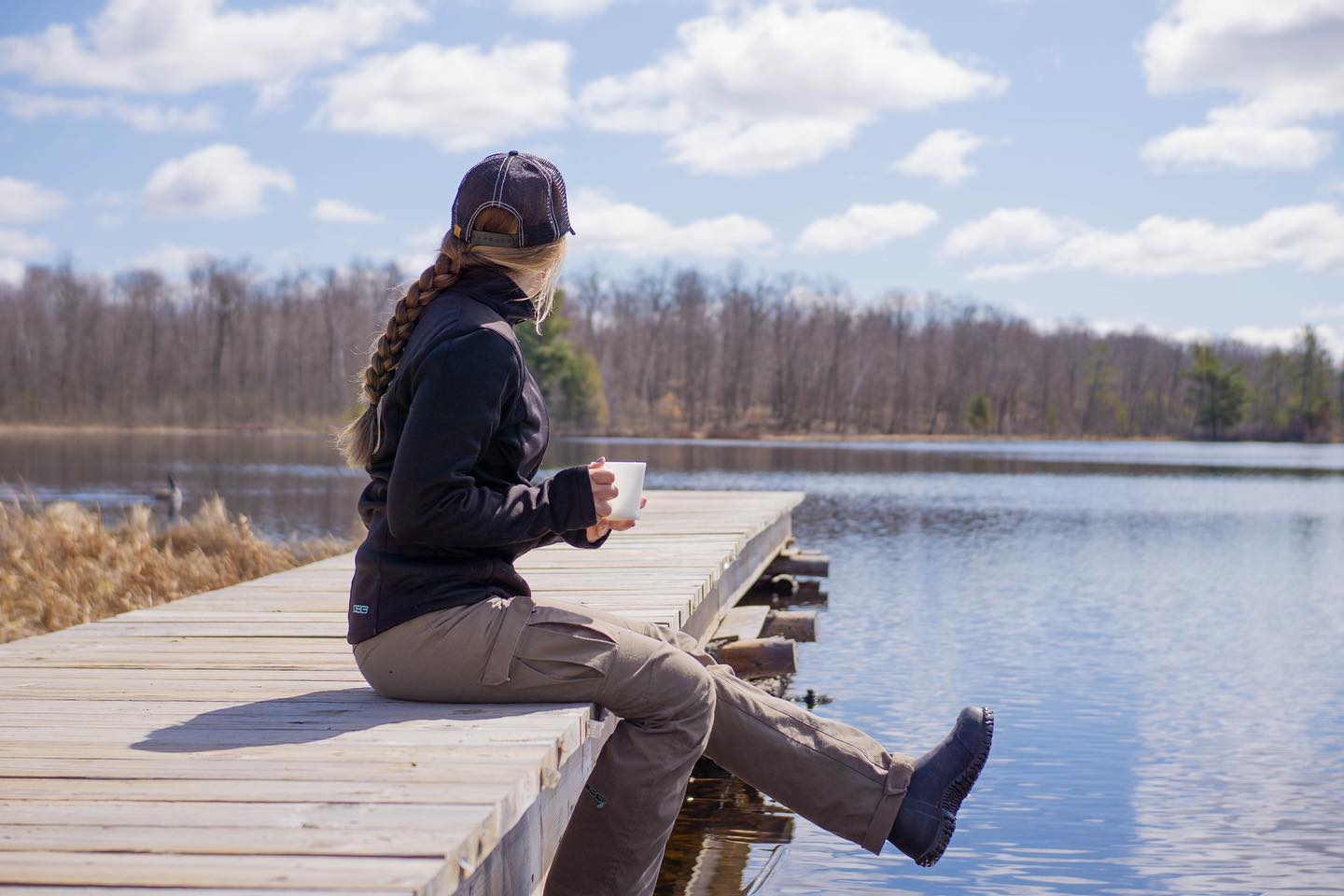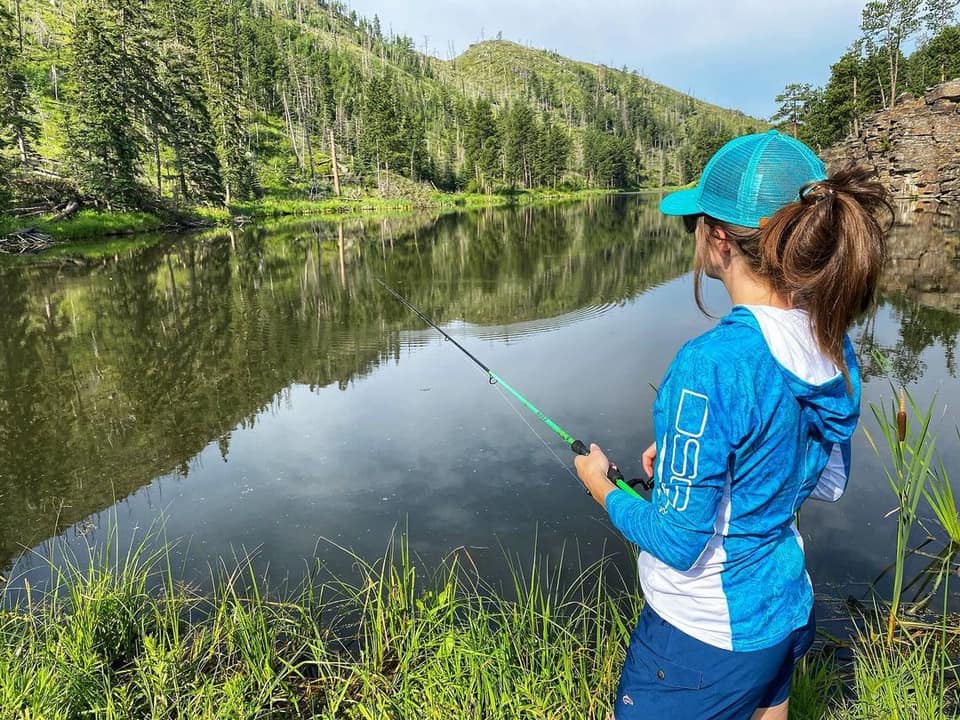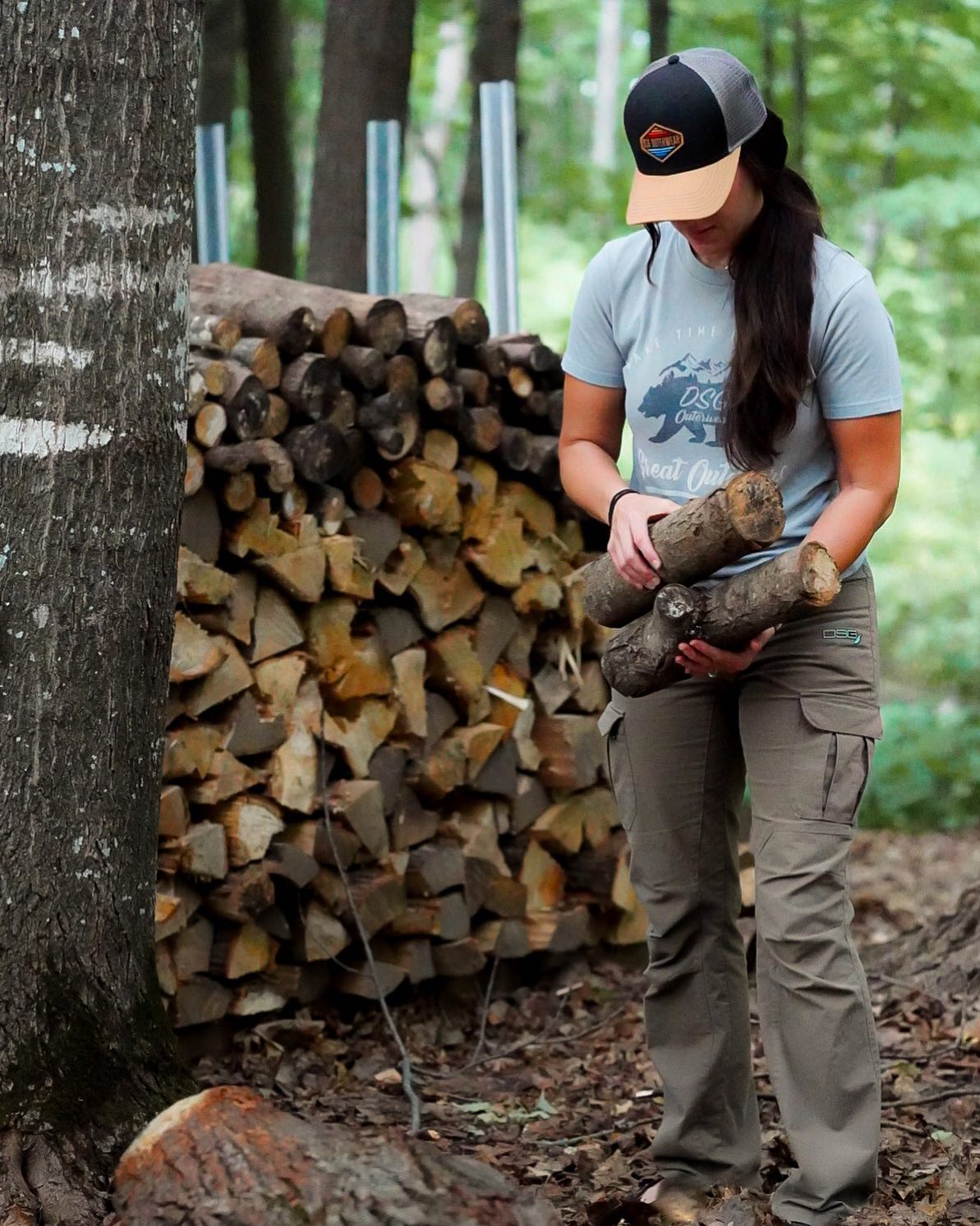8 Skills for Every Outdoor Person
Posted by Samantha Simma on Jun 16th 2023
Regardless of the specific sport or activity that draws you into the outdoors, there are some skills that are helpful for every outdoorsperson to know. Being prepared for a variety of situations will be key to your safety if you confront an unexpected situation outdoors.
Have a Plan
Before setting off on your outdoor adventures, make a plan. Then, share that plan and your intended whereabouts with friends or family. Let them know the route you intend to take and your expected timeline. You might also establish a time at which they should be concerned if you haven’t yet returned. Plus, the more you plan, the more likely you are to pack the necessary gear and equipment you will need.

From technical to casual outdoor pursuits, the DSG Outerwear Field Pants and Performance Fleece Zip Up are two of our most versatile products for outdoor enthusiasts.
Pack a Map
Even if you’re certain you’ll have cell phone service, always carry along a physical map. You never know when your phone might break, lose power, or become wet. If any of the above render your phone useless, you want to still be able to navigate with traditional methods. Orient yourself with natural landmarks along the way and use compass navigation if you have one available.
Start a Fire
Being able to start a fire outdoors can be helpful in a variety of situations. For example, you may find yourself in need of a fire to purify water, prepare food, create a signal, provide warmth, etc. It’s recommended that you carry the tools necessary to start a fire at least two ways (in case one method fails). Methods for starting a fire include using matches, lighters, or fire starters. Natural materials can be used for a friction-based method but will require more effort on your part.
Find or Build Shelter
Building a shelter is no easy feat but may be necessary if you need to protect yourself from exposure to the sun, cold, wind, rain, or snow. In some scenarios, you may be able to seek out a natural shelter—such as a cave, but more than likely, you’ll need to construct something. A basic lean-to is usually sufficient and can be constructed with a few basic materials (sticks or logs, rope, etc.). If you have to unexpectedly spend the night outdoors, a shelter will help you to conserve body heat.
When choosing a location for your shelter, become aware of your surroundings. First, look overhead for potential hazards that may fall. Then, evaluate the potential for water drainage into your shelter area. Finally, check your surroundings for pests and plants like poison ivy or oak.

Even non-anglers will appreciate the UPF protection provided by our Wave Shirt and Jenny Dock Shorts.
Distress Signals
Should you find yourself in need of help, being able to signal for help is a vital skill. You might do so with fire, a flashlight, flags, mirrors, whistles, flares, etc. A whistle is a simple and easy safety tool that you can attach to your backpack or jacket. Three short blasts of a whistle are the universal distress signal. Emergency flares are a good option if you need to attract help from a longer distance. If you find yourself without these items, you can use natural materials to form a message in an open field or exposed area.
Sourcing Water
No matter how long you expect to be outdoors, being aware of the water sources in your area could be essential to your survival. Ideally, you would be able to use a stream or river as a water source, purifying the water with a water filter, iodine tablets, or by boiling it. The rule of thumb is to boil water for ten minutes, plus one minute for every 1,000 feet you are above sea level. If you’re unsure of the area’s water sources, head downhill or listen for aquatic animals like the echo of frogs. Other natural sources of water include springs and morning dew.

Not only are the Field Pants up for practically any outdoor activity, they pair well with our collection of casual tops.
Find Food
Always overpack your snacks in case you spend more time outside than you initially expect to. Then, if you run out of food, there are a variety of wild edibles that can help you maintain your strength and energy. Berries, nuts, and roots are the most common options found in a variety of regions, but never eat plants or berries you can’t identify. Learn or bring along a plant guide for your area so that you can identify your options while avoiding poisonous or deadly plants.
Basic First Aid
Knowledge of basic first aid can turn out to be lifesaving if you find yourself injured outdoors. Be prepared to treat common injuries like cuts, blisters, sprains, and insect bites. In addition, the knowledge of how to recognize and treat heat exhaustion, hypothermia, and dehydration is helpful. It’s always a good idea to carry a basic first aid kit with you, which will include supplies like bandages, gauze, antiseptic wipes, and pain relievers.

